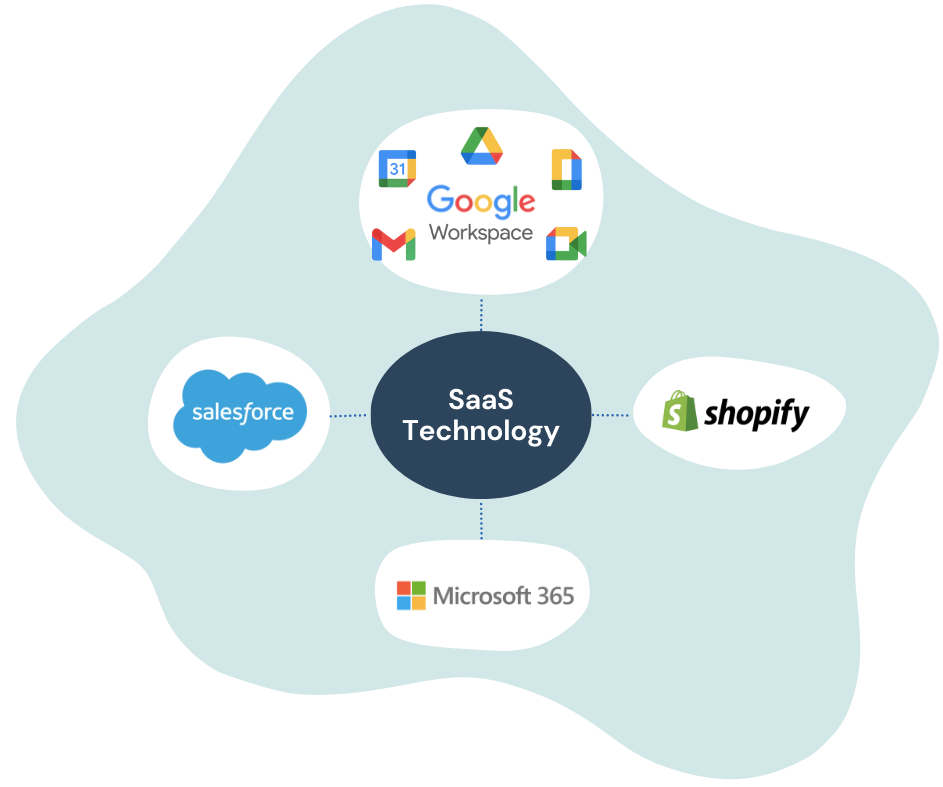
The Power of CRM Technology for Service Providers
Customer relationship management (CRM) technology leads the way in service delivery innovation in the business world. Companies increasingly see the value of CRM systems. These systems organize data, enhance customer satisfaction, streamline processes, and drive growth. This article explores the many benefits of CRM technology and its role in revolutionizing service delivery for businesses aiming to expand their services.
The Core of CRM: Data Organization
At its heart, CRM technology excels in data organization. It centralizes customer information, ensuring that every interaction is logged and accessible. This means that customer service representatives can access comprehensive customer histories, preferences, and previous interactions, for more efficient service.
The ability to quickly retrieve relevant customer data reduces response times and enhances the quality of service, making it a cornerstone of effective customer relationship management.

The core strength of CRM technology lies in its ability to organize data efficiently. This centralization ensures every customer interaction is logged and easily accessible. This enables personalized and efficient service. For instance, when a customer contacts support, a CRM system like Salesforce helps. It allows the representative to quickly access the customer’s complete history. This includes past purchases, service issues, and preferences. This comprehensive view lets the representative address the customer’s needs more effectively. It also helps personalize the interaction, which significantly enhances customer satisfaction.

Amazon
A specific example of this in action is seen with Amazon. By utilizing CRM technology, Amazon can track detailed customer interactions and purchase histories. By doing this, they are allowing their customer service team to provide tailored recommendations and prompt resolution of issues. This data organization has played a crucial role in its customer retention strategy. According to Salesforce, businesses that employ CRM systems experience a 34% increase in customer satisfaction due to the improved accessibility and personalization of data. This demonstrates the pivotal role of CRM in modern customer relationship management. Furthermore, making it indispensable for companies aiming to deliver high-quality, personalized service.
Enhanced Customer Service
One of the most significant advantages of CRM technology is its impact on the customer experience. By leveraging CRM systems, companies can ensure consistent and personalized communication with their customers. This personalized approach not only meets customer expectations but often exceeds them, fostering loyalty and encouraging repeat business.
Statistics underline this benefit. According to a study by HubSpot, 76% of customers expect companies to understand their needs and expectations. CRM technology makes this possible by providing detailed insights into customer behavior and preferences, allowing businesses to tailor their services. Furthermore, businesses using CRM systems experience a 27% increase in customer retention, showing the impact of CRM on customer loyalty. If you’d like to find out more specific information on what CRM technology and software development can do for your business, explore our article on the role of software development across various industries. DevDefy covers a broad range of industries to help you find and/or create a suitable fit of CRM technology for your brand.
Streamlining Business Practices
CRM technology also plays a crucial role in streamlining business processes. By automating routine tasks such as follow-up emails, appointment scheduling, and customer segmentation, CRM systems free up valuable time for employees to focus on more strategic activities. This not only increases efficiency but also reduces the potential for human error.
For example, Zoho CRM users report a 23% improvement in sales productivity due to automation and streamlined processes. Moreover, service departments also benefit from reduced administrative burdens, allowing them to respond to customer inquiries more swiftly and accurately.
Driving Business Growth
Perhaps the most compelling reason for adopting CRM technology is its proven ability to drive business growth. By enhancing customer satisfaction, improving retention rates, and streamlining processes, CRM systems create a solid foundation for scalable growth. Companies can better manage customer relationships and identify new sales opportunities. Tracking performance metrics also contributes to a robust growth strategy.
Research by Forrester indicates that companies using CRM technology achieve an average return on investment (ROI) of $8.71 for every dollar spent. This impressive statistic underscores the tangible benefits of CRM systems in driving profitability and growth. Furthermore, businesses that integrate CRM with their marketing strategies see an average sales increase of 29%, highlighting the synergistic potential of combining customer insights with targeted marketing efforts.
Conclusion
In conclusion, CRM technology is revolutionizing service delivery by providing businesses with powerful tools to organize data, enhance customer experience, streamline processes, and drive growth. As companies continue to navigate the complexities of a customer-centric marketplace, investing in CRM systems becomes not just an option but a necessity. By harnessing the full potential of CRM technology, businesses can ensure they stay ahead of the curve, delivering exceptional service and achieving sustainable growth.
For companies looking to grow their services, embracing CRM technology is a strategic move that promises significant returns. The data-driven insights, operational efficiencies, and improved customer relationships facilitated by CRM systems are invaluable assets in the quest for business excellence and expansion.











